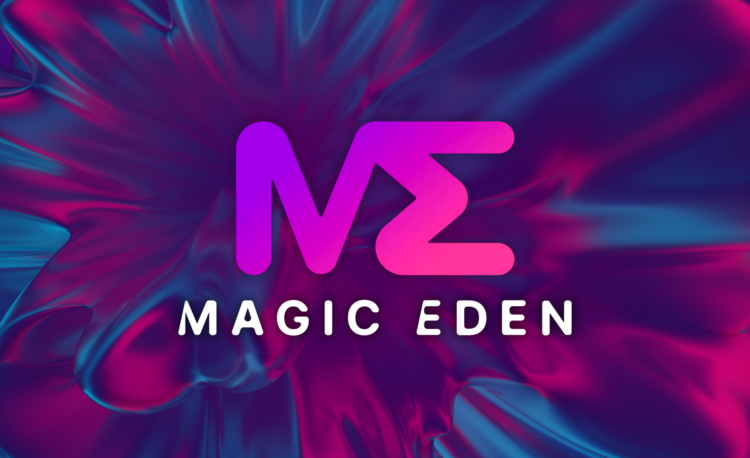Advertisement
The Solana Magic Eden-based NFT marketplace has fended off some community backlash following the launch of MetaShield, a new enforcement tool aimed at preventing people from buying NFTs without paying creator royalties.
MetaShield reportedly launched the collection in partnership with the NFT market, and aggregator Coral Cube received mixed reactions from the NFT community after its launch on September 12. These people argue about whether the NFT marketplace should protect creators’ rights or cut royalties to make NFTs cheaper for collectors.
The NFT Royalty Enforcement Tool is designed to allow NFT creators to flag and obscure NFTs that have been sold without the buyer paying royalties.

In an eight-part Twitter post on Wednesday, Magic Eden defended its new tool, noting that some of the “hardest-working creators out there right now” are being impacted by no royalty regulations on their products.
The new tool comes just weeks after the X2Y2 NFT marketplace introduced a new feature that gives buyers full discretion over whether they pay royalties, and if so, how much to buy NFTs.
Magic Eden objected to this and noted that MetaShield is a tool to protect creators, rather than punish buyers.
Magic Eden argues: “Most people recognize that royalty-free markets for creators should not become the standard of the ecosystem.
“What we do is test, collaborate and deliver. MetaShield may not be perfect, but it represents the interests of the creators in this debate.”
The NFT marketplace also confirmed that NFTs will not be controlled and that the royalty enforcement tool will not be used to punish buyers.
5/ Finally, clearing up misconceptions:
Is Magic Eden taking control of my NFTs? No.
ME isn’t changing anyone’s NFT. MetaShield is a tool for creators. Creators have choices on how to use it. Most NFTs are mutable. Creators have always had the ability to change their NFTs.
— Merge-ic Eden 🪄 (@MagicEden) September 13, 2022
According to Magic Eden, MetaShield is built to allow creators to “track Solana NFTs listed with custom royalties” and “take action when they do. see fit” to protect their brand.
According to the Magic Eden website, NFT creators have granted “Editor” rights to protect NFTs, allowing them to modify royalties, add watermarks, or watermark images. Once the debt has been paid, the creator can revert the NFT back to its original state.
NFT community reaction
The launch of Magic Eden’s MetaShield was initially met with mixed reactions from the community.
One Twitter user claimed the addition of MetaShield should only be applied to Magic Eden NFTs, while another Twitter user said no one would mine NFTs if creators used MetaShield.
There is no way you haven't seen the discussion regarding your own 2% fees on all volume, and then there is the blurring of the jpegs…
You're the problem not the royalties, bunch of centralised cucks. https://t.co/PyTNrN309v
— Grug (@WiseGrug) September 14, 2022
Another Twitter user said they were concerned that innocent buyers would be punished for blurring their newly purchased NFTs, stating:
“The biggest concern is that this punishes buyers – a person may not know they purchased an NFT incorrectly. After a certain period of time, the NFT will suddenly be blurred. This will result in them needing to pay more.
However, many have also praised Magic Eden for “protecting” NFT creators.
Honestly its heart warming to see a marketplace leading charge on protecting creators thx @MagicEden ❤️ Refer to @Zeneca_33 Letter 30 👇🏻 to understand current creator royalty payout practices and the challenges on enforcing them https://t.co/LU6UcHPfsb
— cathleen.eth (@spicyccnyc) September 14, 2022
Not every NFT project supports Magic Eden. Sudoswap “has decided not to adopt a royalty fee model to make their NFT platform more buyer-friendly by only applying standard platform fees.
Additionally, Langston Thomas from “NFT now” says that even if smart contracts are set up to pay royalties to creators, in the end, the NFT marketplace is still subject to a royalty agreement.
This is because the NFT marketplace receives royalties through trading and there is no obligation to transfer royalties.
















